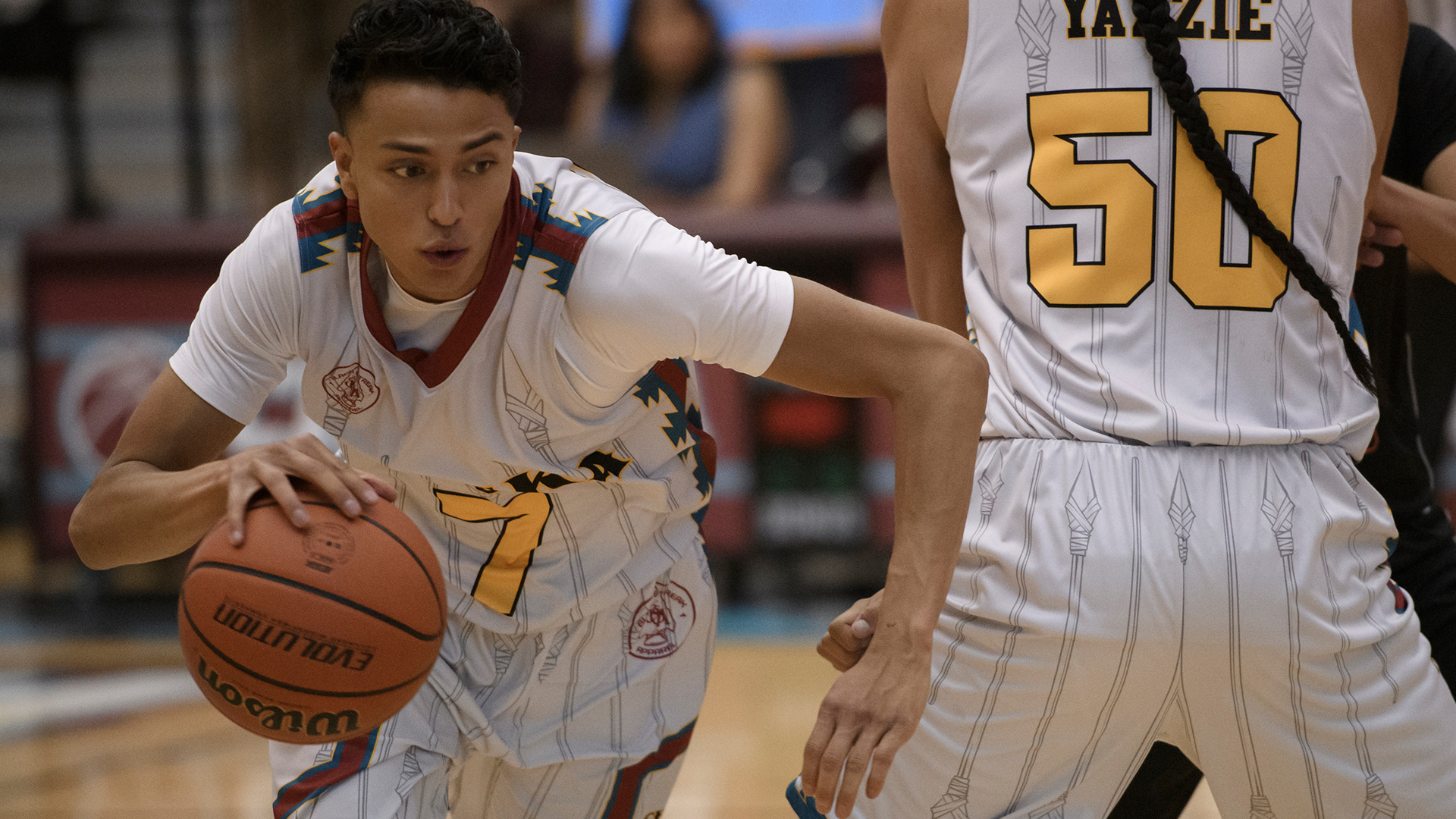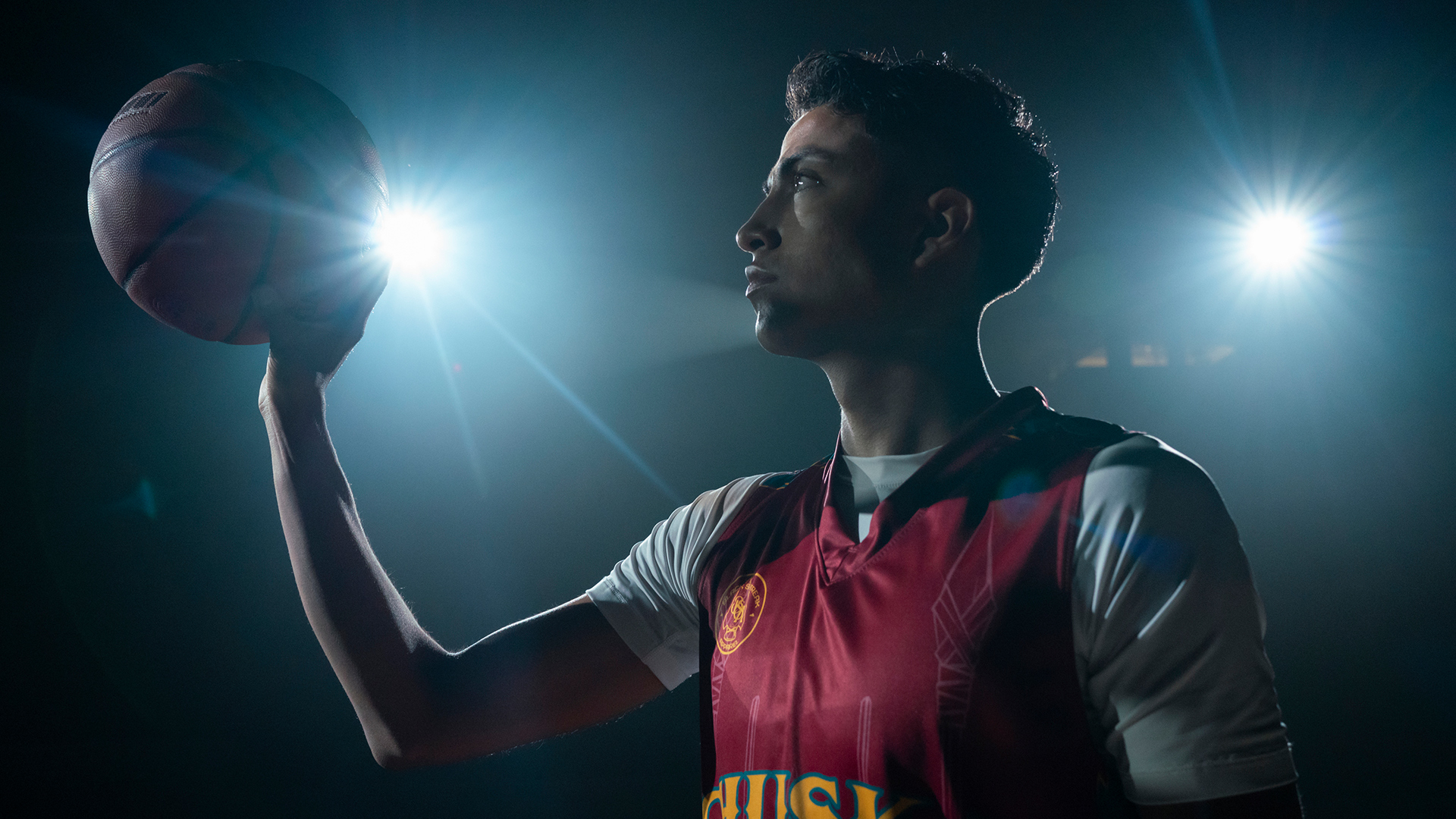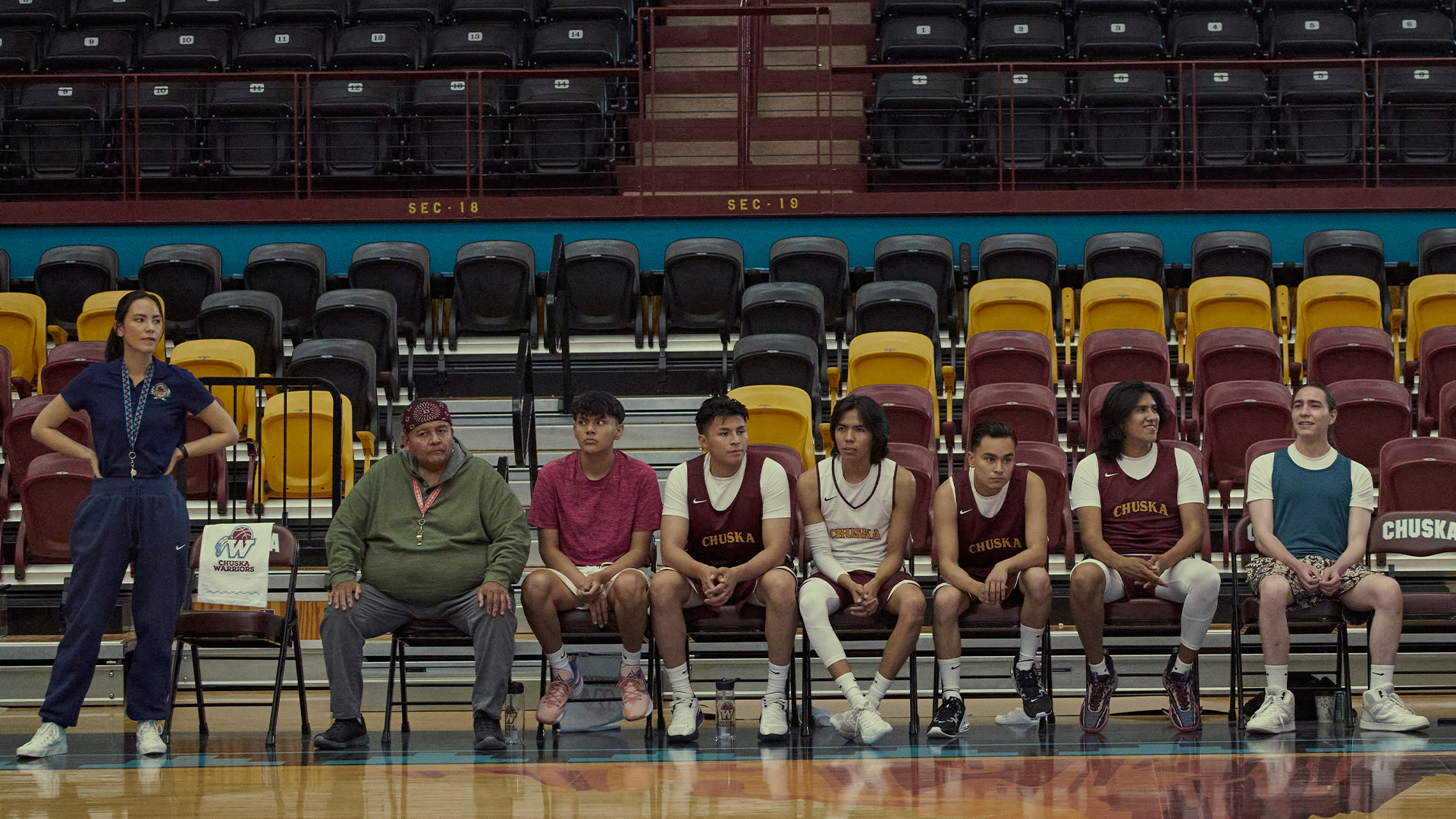Basketball drama Rez Ball’s shortcomings include a predictable story – but it can still hit the spot
Netflix drama follows a high school basketball team rich in Native American heritage.

After losing their star player, a high school basketball team rich in Native American heritage must bounce back to keep their championship dreams alive. While the film showcases Navajo culture and shares some of the more difficult experiences the community faces, Vicci Ho can’t help but crave a bit more nuance and depth.
Like the comfort food that you order over and over again because you know exactly what to expect, there are certain film genres that are designed to be familiar. Most sports dramas tend to fall into this category—it is usually inspirational, heartwarming, if entirely pretty much what you would expect. The new Netflix high school basketball drama Rez Ball uses this backbone to tell a story of modern Native American life with mixed results.
The Chuska Warriors, a high school basketball team from the Navajo Nation in New Mexico, is beloved in the reservation with championship aspirations, with the team’s star Nataanii (Kusem Goodwind) returning to the team after losing his mother and sister to a car accident the previous season. The team is led by Coach Hobbs (Jessica Matten), who returned to her hometown after a successful WNBA career and is determined to take the team to a championship so she can pursue better coaching opportunities. However, when the team tragically loses Nataanii, his best friend Jimmy (Kauchani Bratt) and the team must learn to work together, play good rez ball, a style of fast-paced basketball popular in many reservations, and win the title against the odds.

Written and directed by Sydney Freeland, who co-wrote the script with Sterlin Harjo (Reservation Dogs) and inspired by Michael Powell’s non-fiction book Canyon Dreams, Rez Ball is also a film that portrays the lives of young Native Americans living in a New Mexican reservation. It shows a community that struggles with poverty, substance abuse and generational trauma: drunk-driving that took half of Nataanii’s family is commonplace in the community, while Jimmy’s mother’s own disappointments with basketball and struggles with sobriety made her dismissive of his game and just wants him to work more shifts.
The film showcases Navajo culture and does not shy away from some of the more difficult experiences the community faces, but one can’t help but to crave a bit more nuance and depth—much of what is discussed are narrated by the commentators who are calling the basketball game, literally telling the audience how they should think.

The film never quite manages to make its two halves into a coherent whole, and there is a frustrating lack of deeper development of both the sports drama and the character drama for a more compelling watch. The basketball season is rushed, seen mostly through a snappy recap montage that lacks intensity, and the so-called ‘villain’ of the film, a racist white player from a rival team, comes off as almost cartoonish. While the cast is charming enough to make the film enjoyable, the characters feel too two-dimensional and render Rez Ball extremely predictable.
While it is possible to see the potential for a more original and complex film in Rez Ball, what we have is still a perfectly entertaining film fronted by a strong Native American cast. With LeBron James as one of its producers, it should find a healthy audience on Netflix. It is likely you will figure out where Rez Ball is going and how it will end, but like any comfort food you order over and over again, it is still going to hit the spot.























